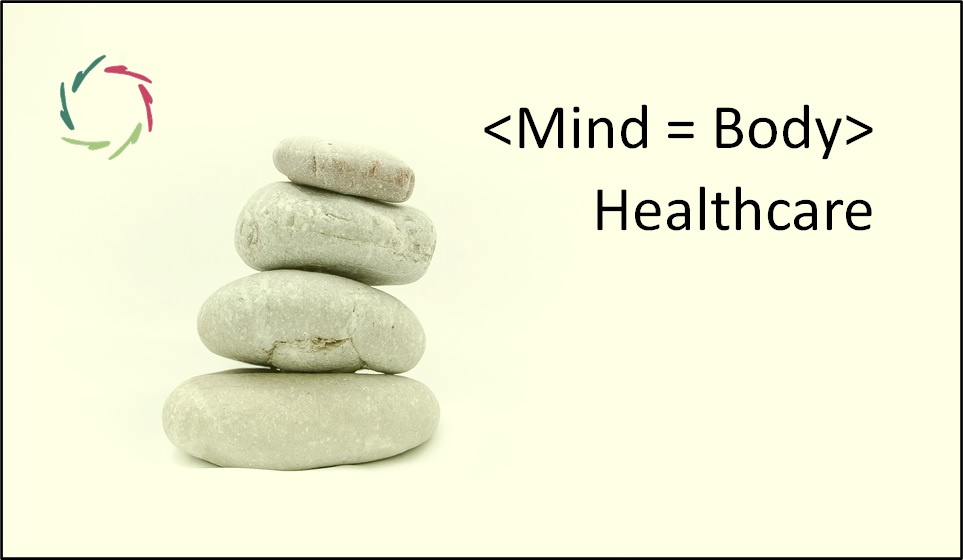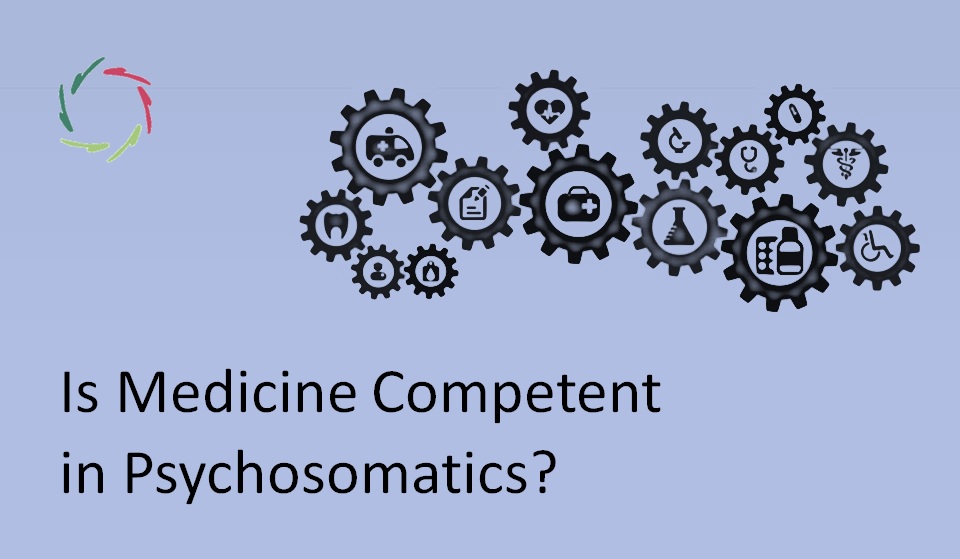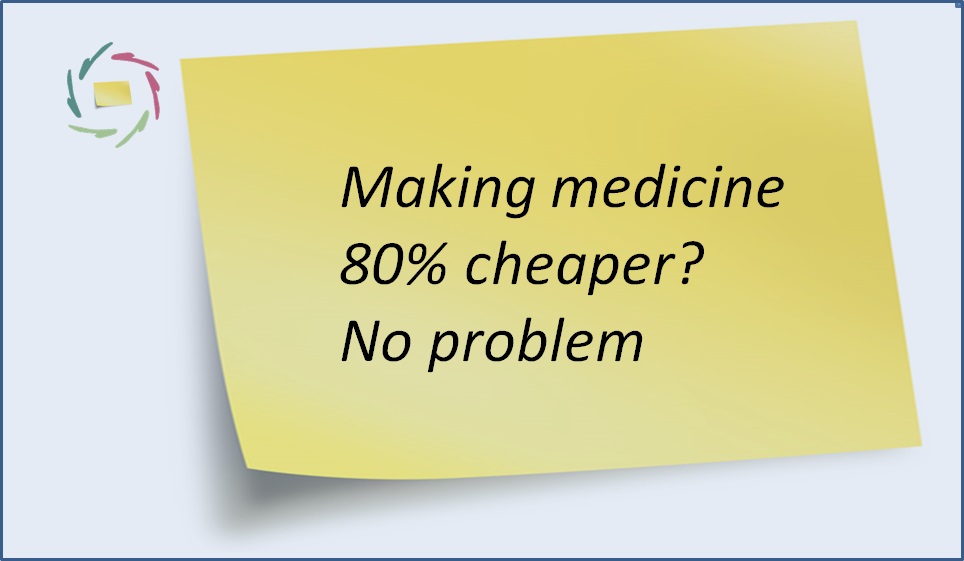About Mind-Body Connections

How can the mind lead to physical problems and the disappearance of the same ― no hocus-pocus involved? Many mind-body connections are obvious and proven. Among others, the scientific discipline of psycho-neuro-immunology is focused on this.
Of course, in reality, mind = body. Nevertheless, we can talk about connections pragmatically to clarify things.
The following mechanisms are some well-documented mind-body connections.
In each case, one or more examples of disorders that can be caused or aggravated through these connections are enumerated.
It also should be noted that many diseases may be affected through various mind-body connections. This is a domain of complexity in many respects ― an insight that may also make several disorders less ‘natural kind.’ We are looking at conglomerates of connections. Take some of these together (possibly in conjunction with a whirlpool phenomenon) and you have a syndrome or disorder, not the other way around. Many disorders emerge this way, rather than that we encounter them.
Once you start thinking about them this way, much can shift in a more mindful direction. Note that in these cases, there is no disease to be cured, which doesn’t happen anyway. Instead, the ensuing picture may amene to a management that brings more than just diminishing symptoms, and it is at the same time much less costly.
Mind-body connections
A by far non-exhaustive listing, all well within the realm of science and provability:
- chronic tension of skeletal muscles/tendons >> lower back pain, stiff neck, chronic tension headaches, TMJ syndrome, chronic tendinitis, fibrositis…
- chronic tension of smooth muscle >> irritable bowel, achalasia, polyuria, asthma…
- local blood flow >> spastic angina, fainting (syncope), flushing, dizziness, aggravating factor in many diseases…
- general blood flow >> high blood pressure, low blood pressure…
- immune system >> allergic eczema/asthma, hay fever, various autoimmune disorders, increased susceptibility to infectious diseases…
- inflammatory reactions (intimately related to the immune system) >> rheumatoid arthritis, asthma, chronic tendinitis/bursitis, burns, help with post-operative wound healing…
- hormones >> menstrual disorders, PMS, menopausal symptoms, pain (via endorphins), abnormal blood pressure, certain thyroid disorders…
- excitability of nervous system >> palpitations, tremor (shaking), neurodermatitis, symptoms of general distress…
- deep motivation and behavior >> smoking addiction, other drug addictions, becoming slim…
- reduced control over specific acts >> gastro-intestinal gas syndrome, tics, stuttering, ‘hyperventilation’, pruritus…
- general mood and well-being >> aggression, depression, chronic anxiety…
- normal mind-body reactions >> relaxation, sleeping better, sexuality…
- thought processes >> phobia, post-traumatic stress, general distress, low assertiveness…
- perpetuating pattern formations >> burnout, chronic fatigue, narcolepsy, certain forms of epilepsy…
These connections are almost never under direct conscious control.
One can, for example, temporarily tighten muscles deliberately, but to consciously persist in slight chronic muscle tension is virtually impossible. Nevertheless, non-conscious parts of the mind can do so, as in a stress state that is continuously reflected in muscle tension.
Autosuggestion (conscious and focused communication with the non-conscious) is a way to gain control over these mind-body connections through non-conscious parts of the psyche, therefore indirectly.
AURELIS-autosuggestion never causes an ‘aggressive’ attack on these physical aspects.
It assists in overcoming symptoms, not oppressing them. By transcending this, symptoms diminish or disappear in a spontaneous and ‘friendly’ manner. Rather than alienating, one will come more to oneself and find a lasting solution to the problem.
Hopefully, the above enumeration makes this more graspable.


